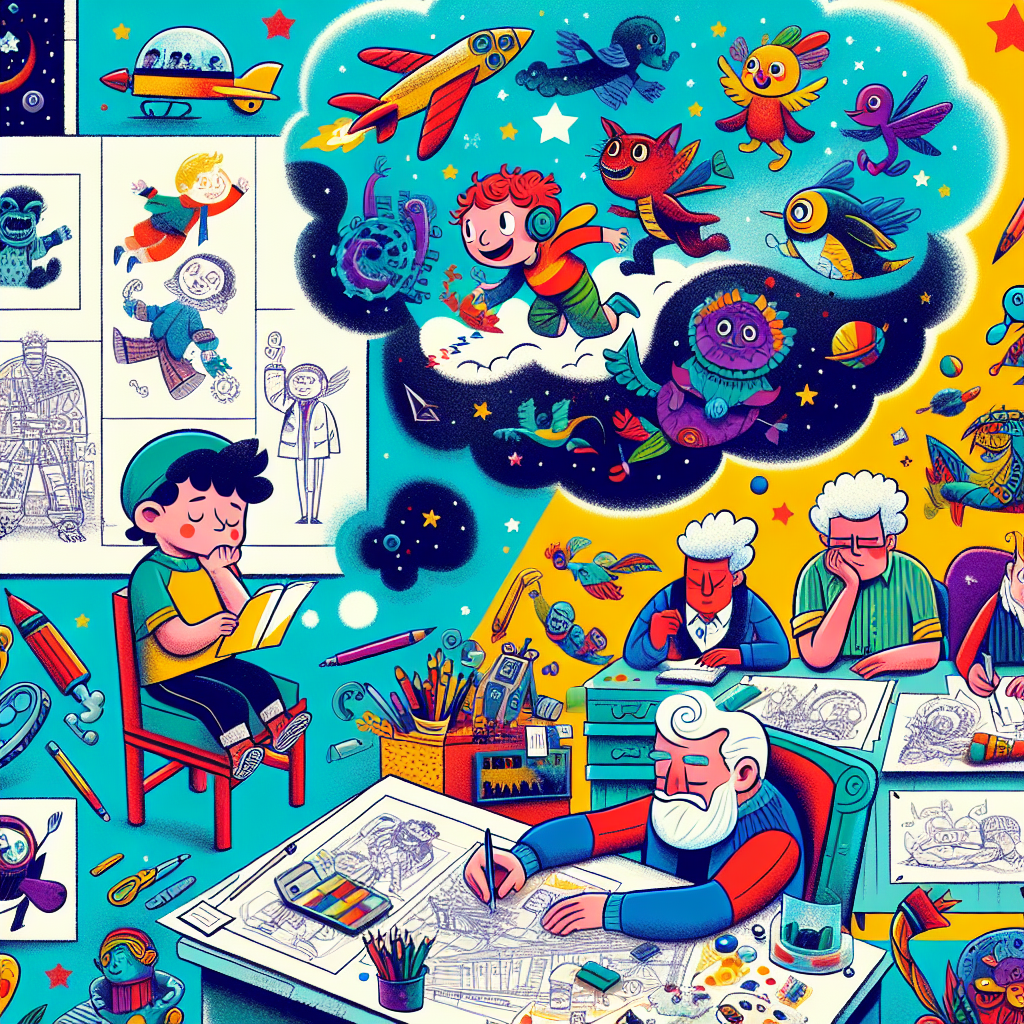AI’s Taking Over the Bedtime Story Scene – No Need to Read Snoresville Tales Any More!

“AI Is Telling Bedtime Stories to Your Kids Now”
“As an AI technologist, I’m mortified, but as a parent, I’m thrilled. I’m mortified that my colleagues, working at companies like OpenAI, don’t believe (or perhaps ever consider) anything unethical is transpiring when they train their powerful language models on the vast corpus of text that is the internet, reproducing its inherent biases and systemic harms, in turn. Yet as a parent of two young children who don’t sleep particularly well, the benefits of AI-generated bedtime stories are undeniable.”
The paradox encapsulated in this statement carries the full weight of artificial intelligence’s double-edged sword. Scientists, researchers, and AI aficionados are ecstatic about the potential of machine-learning algorithms to generate text that mimics human speech patterns with remarkable accuracy. Parents, on the other hand, are getting a taste of AI-generated bedtime stories courtesy of GPT-3 and they’re not exactly hating it. It seems that the insomnia monster may have finally met its match, and it’s not mom or dad—it’s an algorithm.
According to OpenAI, the tech company that birthed GPT-3, these text-based neural networks are much more than automatic text generators. These systems have the potential to create their own narratives, invent characters, and churn out content without human guidance. Sounds fascinating, right? But here’s the rub: these systems aren’t exempt from the biases and fallacies that plague the World Wide Web from which they ingest their training data.
Here’s a fun challenge: try wrapping your head around AI’s involvement in copyright infringement. The protagonist of the current situation we’re discussing is Bluey, a children’s TV show from Down Under. Here’s how it went down. GPT-3 used transcripts from the show and other akin shows as its data fodder. Now, imagine Bluey’s creators’ facial expressions when they stumble upon an AI-generated story that’s oddly familiar to their own creation. Oops! Sorry, did we accidentally recreate your copyrighted material? Well, it wasn’t us, it was the AI. See how complicated things can get?
The ethical quagmire brewing here is both fascinating and terrifying. We’re interacting with technology that’s mimicking a distinctly human trait – creativity. With AI spewing out potentially copyrighted material, who’s to blame? The AI? The creators of the AI? Or the user requesting the story? For now, expect a lot more raised eyebrows and questions than solutions.
At this juncture, artificial intelligence is not only arming humans with incredible technological capabilities but also stretching ethical norms and copyright laws to their breaking point. Nobody anticipated an artificial intelligence bedtime story operation landing us in hot water, but here we are.
So, whether it’s sci-fi or real-life parenting-aid, it’s clear that AI’s growing influence can no longer be ignored. We’re striding into a future where our creations could create on their own – and it’s not all rosy. However, irrespective of how you feel, the bedtime stories are here to stay – and they’re artificial. Brace yourself, because this tale isn’t finished; it’s only just begun.
